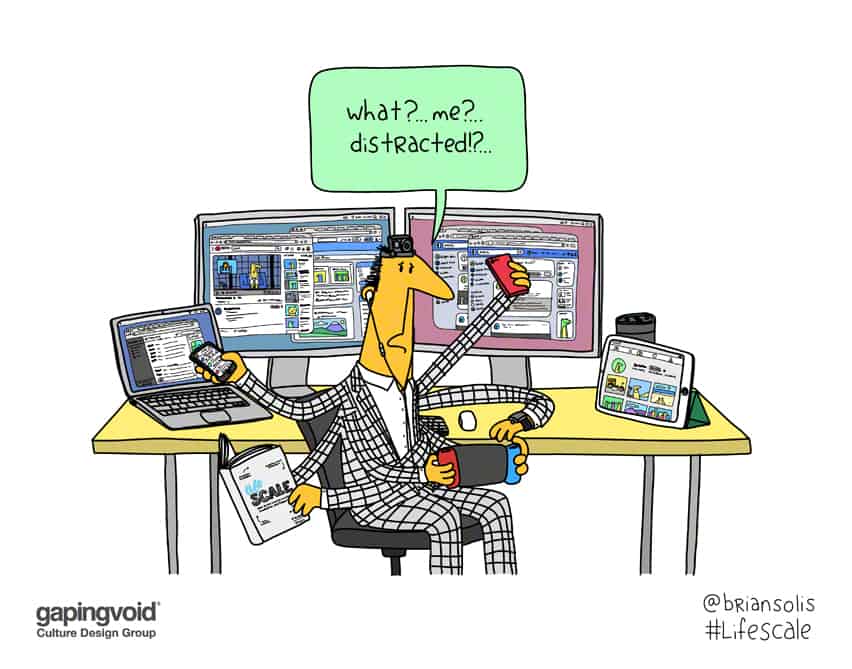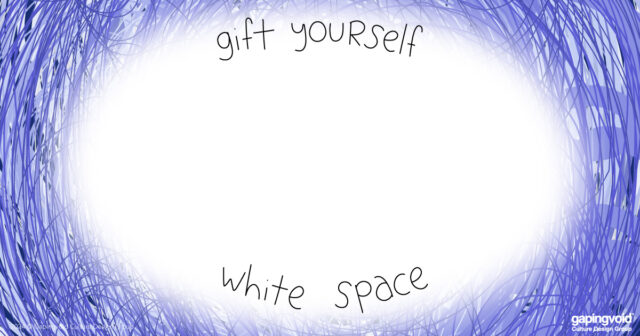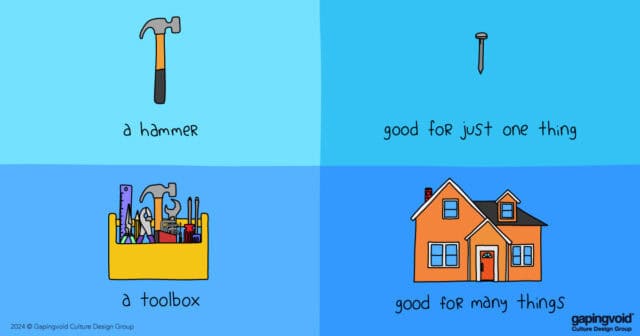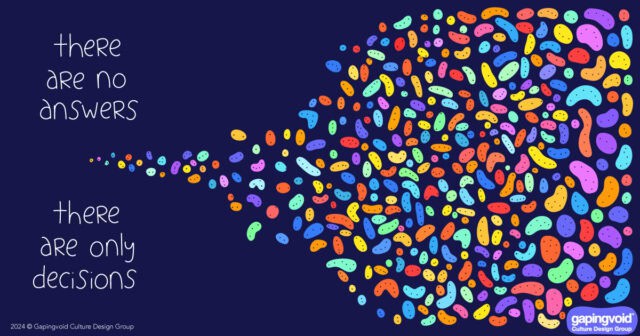
Brian has been collaborating with us since 2007. We’ve done super cool projects for Linkedin (Once Upon A Digital Time and Attention Is A Currency) as well as illustrated some of hisgreat books. Brian has a new book out called Lifescale: How to Live a More Creative, Productive and Happy Life, and we sat down recently for a conversation on his take on how our distraction is taking a toll on happiness, productivity, and quality of life.
|
|




